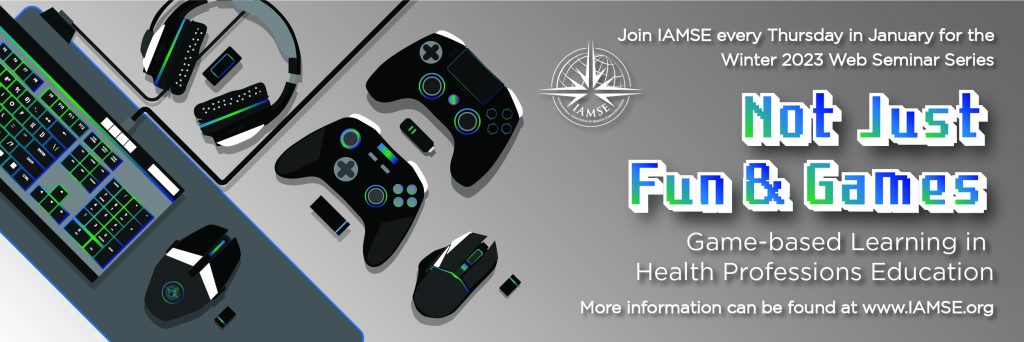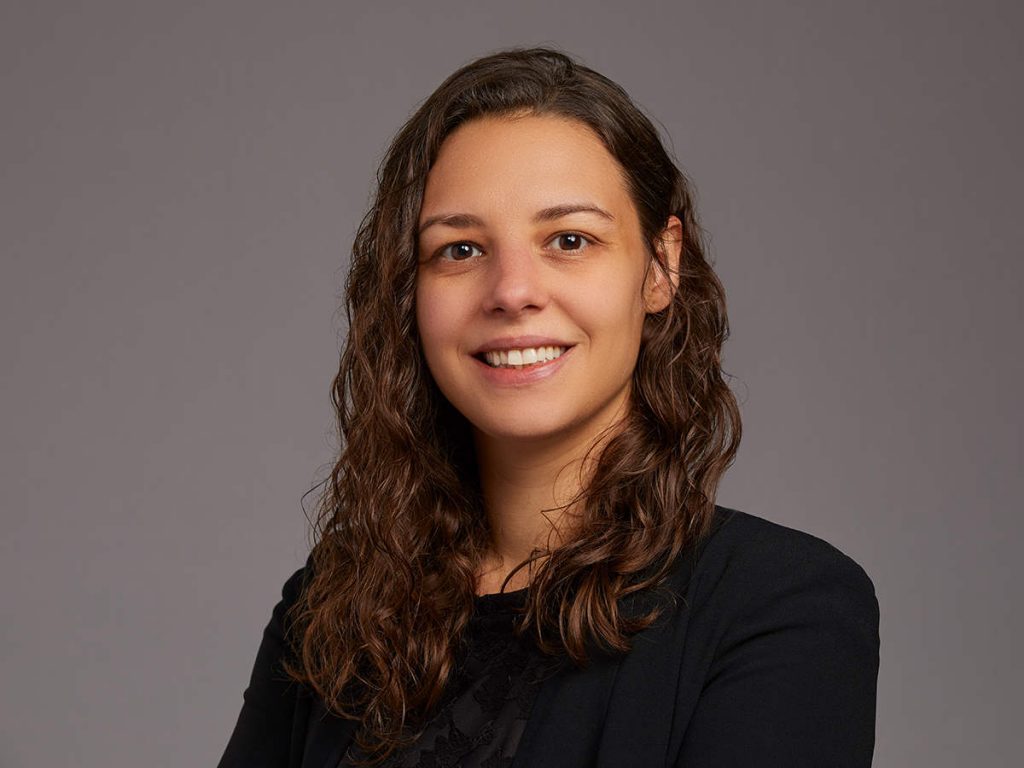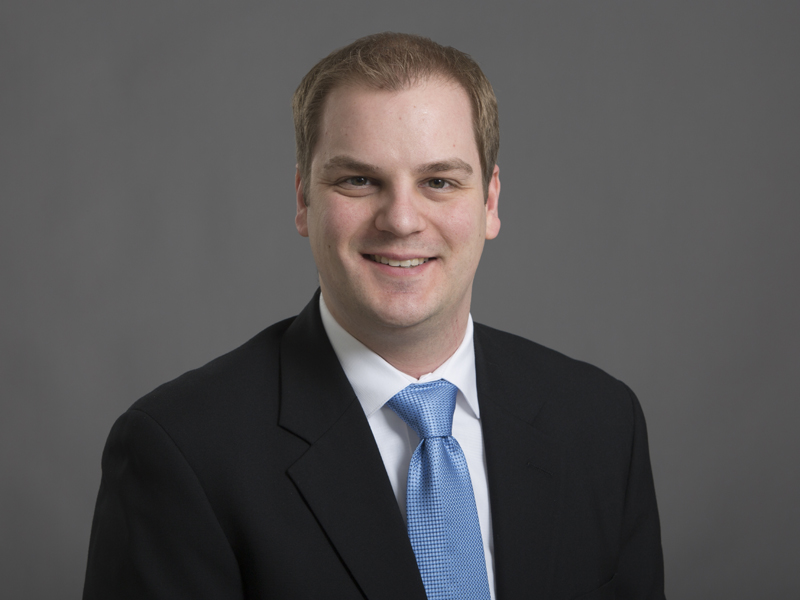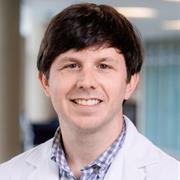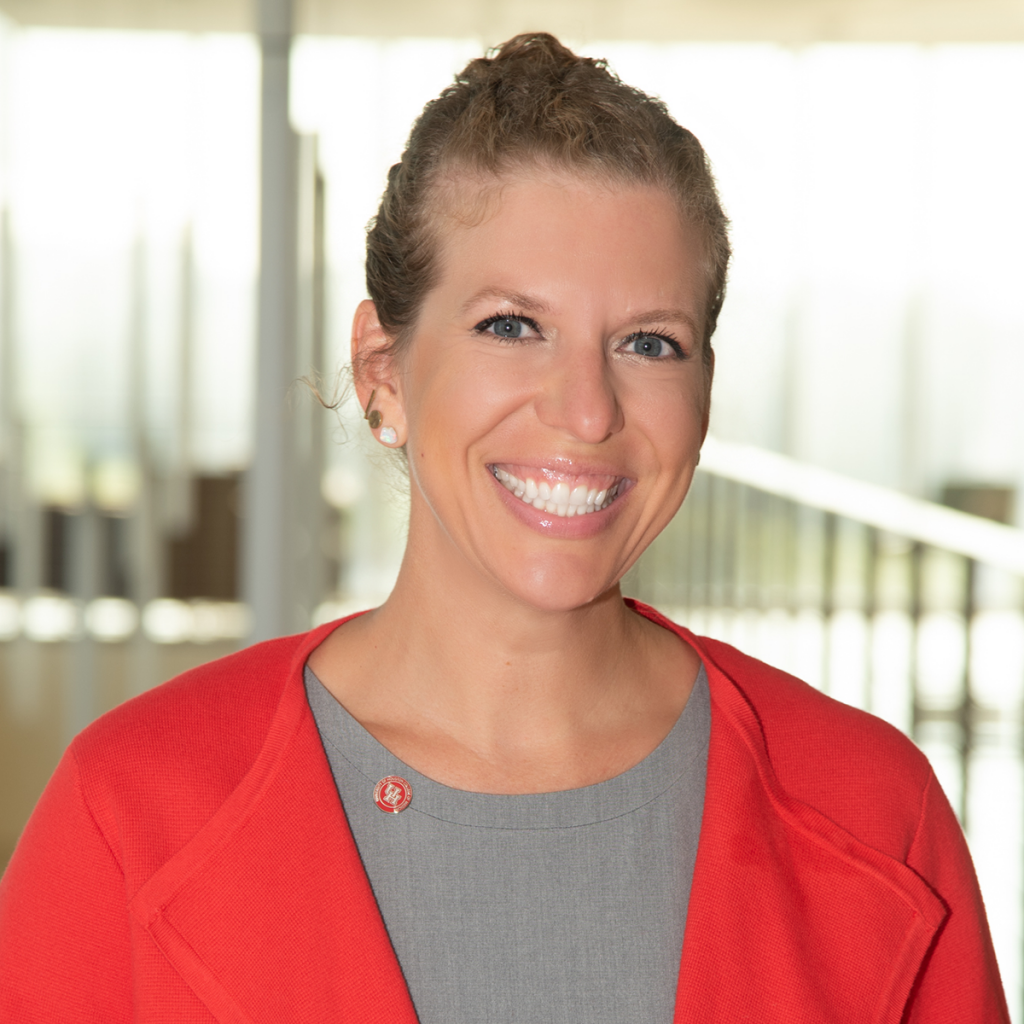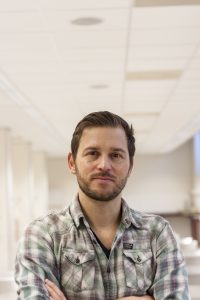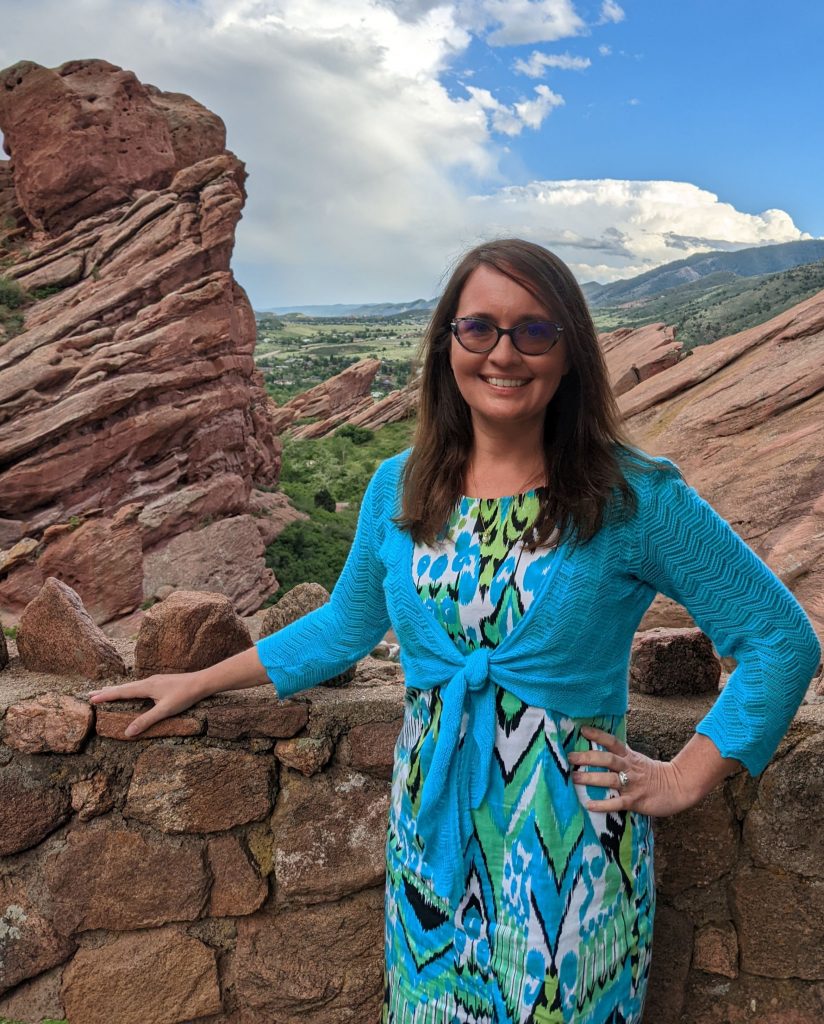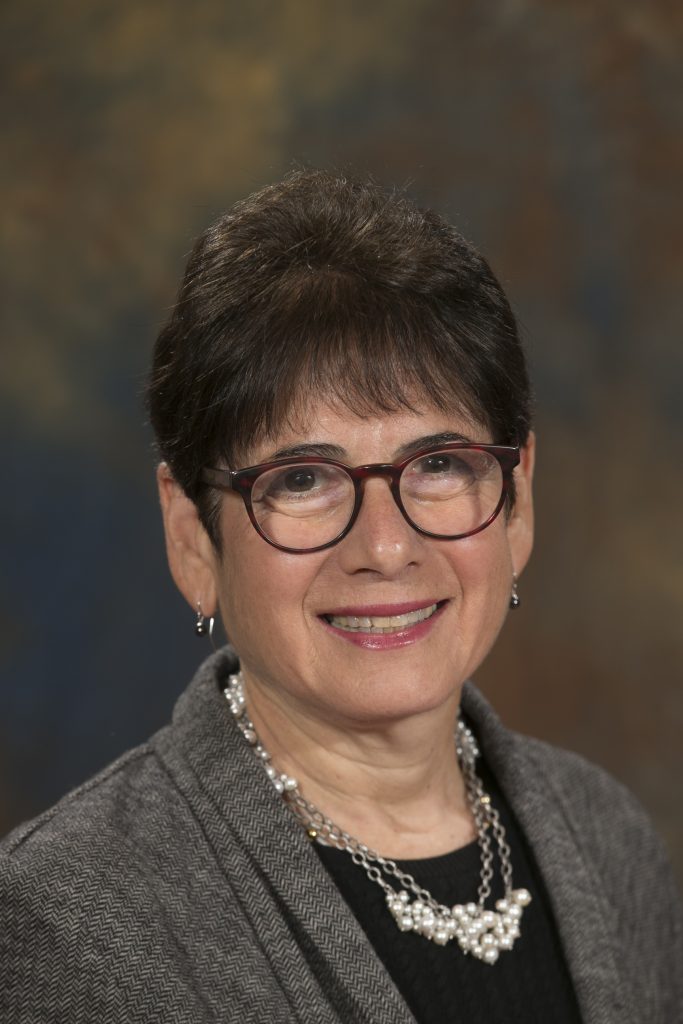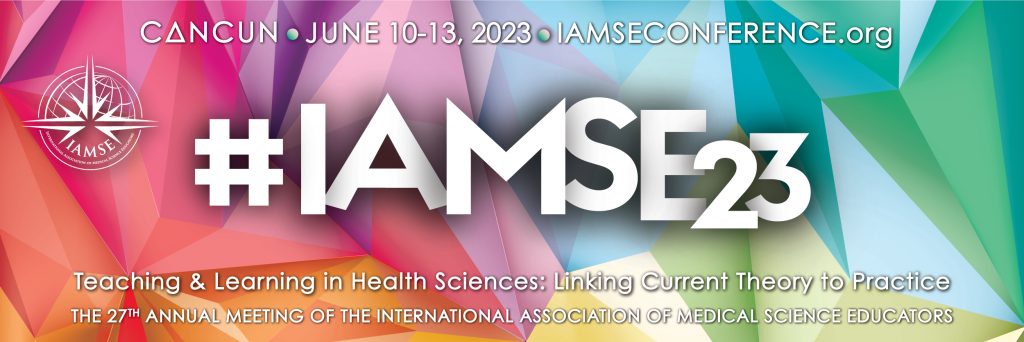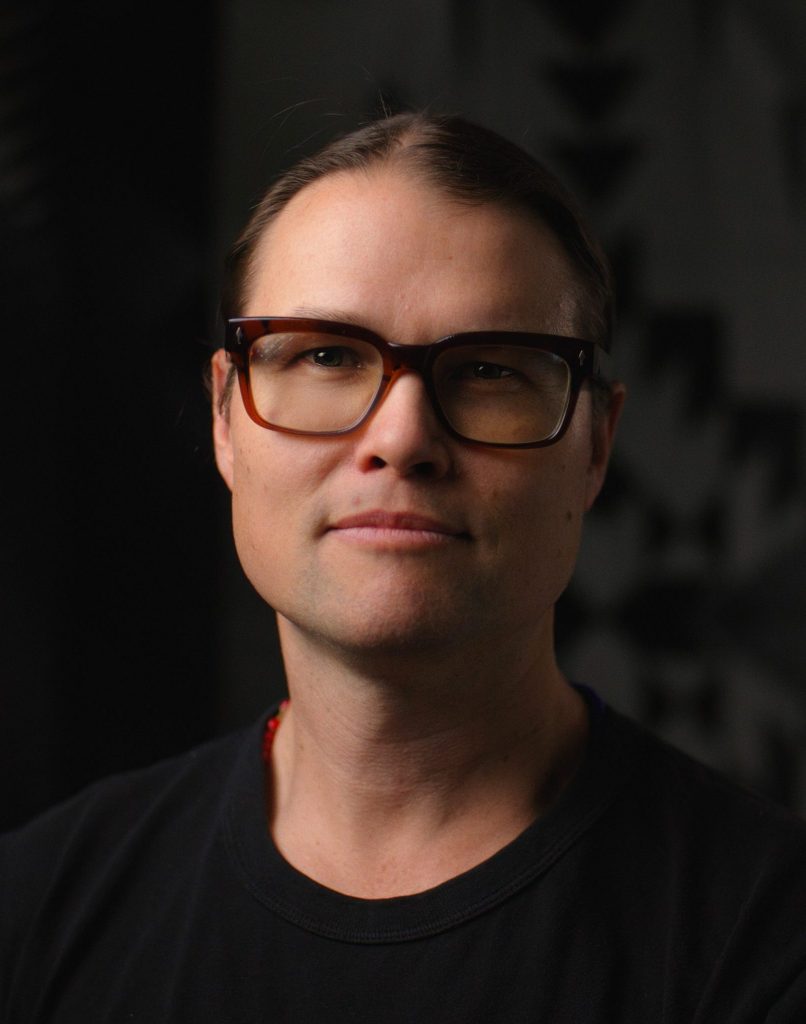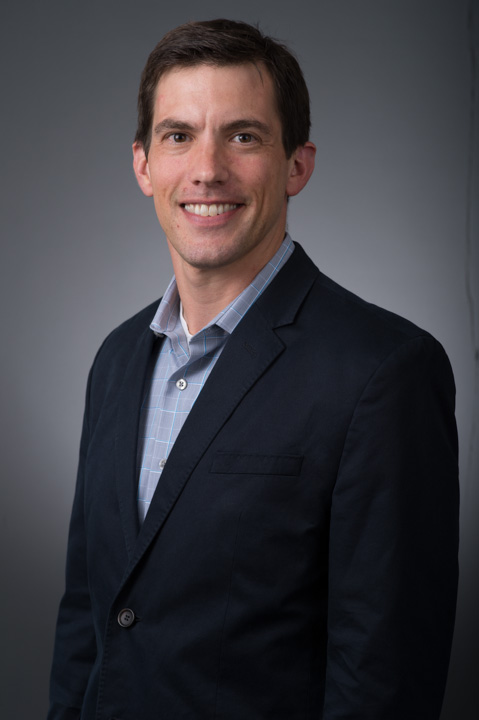[The following notes were generated by Thomas Thesen, Ph.D.]
Presenter: Jeremey Walker, MD (University of Alabama, USA) and Michelle Carroll Turpin, PhD (University of Houston, USA)
Trivia Reimagined: Making Questions Fun & Educational
The Winter 2023 IAMSE Webinar Seminar Series, titled “Not Just Fun & Games: Game-based Learning in Health Professions Education,” had its second session on Thursday, January 12. This series explores the benefits of using games in healthcare education and offers strategies for incorporating different types of games into the basic science curriculum. It covers existing literature on the theories behind using games in medical education and the results of recent research studies on the topic. The series also features speakers who will provide practical tips for implementing game-based learning in the classroom. The second session was co-led by Dr. Jeremy Walker, MD and Dr. Michelle Carroll-Turpin, PhD. And was titled “Trivia Reimagined: Making Questions Fun & Educational”.
Dr. Walker began his presentation by outlining key principles related to the use of games in education. He defined “Gamification” as the integration of game elements into non-game contexts to enhance user engagement and experience. He cited examples such as the use of games and rewards in language learning apps like Duolingo, and reward systems employed by companies like Starbucks. Dr. Walker highlighted the fitness industry as being particularly close to the concept of gamification in education, as apps in this space often utilize daily challenges, team-based competition, rewards for goal completion, and other methods to engage users. He distinguished gamification from “Serious Gaming,” which refers to games specifically designed for non-entertainment purposes, such as healthcare simulations. Dr. Walker cited examples of Serious Games from Drexel College of Medicine in microbiology, such as CD4 Hunter, Malaria Invasion, Hep B-ware, and Solve The Outbreak from the CDC, as well as board games such as Empiric Abx, and the popular Escape Room experiences, which are live-action, immersive scenarios where players must solve puzzles and riddles to escape within a set time limit. He further explained the components common to all educational games, such as the setting, gaming elements, and educational content.
Dr. Walker introduced the Kaizen platform, a widely-used tool for continuous improvement in business and manufacturing. The Kaizen platform is based on the principle of making small, incremental changes to improve processes, products, and overall performance. He then presented his work in creating a microbiology module for first-year medical students using the Kaizen platform concept, highlighting the anti-stress benefits of the game at the end of term. Dr. Walker then discussed the “ID Fellows Cup,” an educational game consisting of a formative question bank for Infectious Disease fellows, which is used by 75 institutions worldwide. He highlighted the cognitive science principles employed by the game, such as retrieval-based learning and spaced repetition, which help fellows retain content information. The use of formative questions is a valuable tool in the learning process, allowing learners to assess their understanding of a topic and receive immediate reinforcement. He also emphasized the importance of discussion, which serves to clarify key learning points and provide supplementary context, as well as incorporating visuals and contrasting examples, and linking learners to additional digital resources for further exploration of the subject matter.
Dr. Walker then presented the results of an evaluation study, which indicated a positive correlation between student mean exam scores and engagement with the Kaizen platform, as determined by a Spearman’s rank correlation coefficient of 0.338 (p-value <0.001). Furthermore, the study found that in a spaced repetition game, players were more likely to correctly answer questions seen months prior, as determined by a two-sample Wilcoxon test (p-value 0.0030). He concluded that the Kaizen platform games maximize the educational return on time invested.
Dr. Walker continued to discuss the use of a formative question bank with game elements, which aligns with several principles of cognitive psychology, such as retrieval practice, elaboration, appropriate context, dual coding, spaced repetition, and interleaving. He explained that retrieval practice is achieved through effortful recall, elaboration by attaching details to concepts and comparing them, appropriate context is provided using clinical vignettes, dual coding is achieved using visual aids, spaced repetition is achieved through the repetition of concepts, and interleaving is achieved by switching between content areas. Overall, Dr. Walker highlighted the importance of using games in education and how they can enhance traditional learning practices by providing external incentives, and by promoting engagement and retention of content using various cognitive science principles, such as retrieval-based learning, spaced repetition, and interleaving.
Dr. Walker then proceeded to discuss best practices in the use of games in education. He emphasized the importance of providing high-quality educational content as the primary priority and highlighted the benefits of incorporating team competition to foster group identity and create a shared experience among learners. He also explained the benefits of implementing a pace feature to enhance the effectiveness of spaced repetition and interleaving strategies, and the use of badges as a reward mechanism for consistent engagement in desired daily practices. Dr. Walker also shared several gaming platforms that can be utilized in the classroom, such as Kahoot, Quizizz, Formative, and the Kaizen platform. He then summarized his presentation by stating that gamification, when implemented in a strategic manner, can enhance traditional learning practices by providing external incentives through the incorporation of game elements. It is important to capture data to demonstrate the effectiveness of gamification, and measure the impact of competition, which can be channeled productively through the formation of teams. He emphasized the importance of ensuring that the game setting is accessible to all learners, and the importance of understanding and engaging with the community in the gamification process.
Next, Dr. Carroll-Turpin continued the session with her presentation, “Gaming in the Classroom: Tips & Tricks from the Trenches.” She began by emphasizing the benefits of incorporating games in active learning environments, as they can change the pace and keep things engaging. She also reported that for the academic year 2020-2021, medical schools reported that games made up 0.19% of instructional time. Dr. Carroll-Turpin then discussed the barriers that hinder the utilization of games in the classroom. These barriers include lack of relevance to the curriculum, lack of professional development, varying proficiency among teachers and students, inconsistent development of games, lack of data to support the use and positive outcomes, and the continuous evolution of educational practices and technology. She also highlighted that there are cultural barriers, particularly in the perception of the value of using games in the classroom.
To ensure that gaming is a good fit, Dr. Carroll-Turpin recommends asking the following questions:
- Can I tie the activity explicitly to learning objectives? It is important to ensure that the activity is directly relevant to the curriculum and that adult learners can easily understand its value.
- How much do the students already know? It is important to be aware of the students’ prior knowledge and that games are often better suited to facilitate review rather than introducing new concepts.
- What are the stakes? The stakes of the game should be considered as winning by itself can be a strong motivator, but grades may introduce unnecessary stress.
- How engaged will the students be? Teamwork is known to boost motivation and encourage peer teaching and learning, thus it is important to consider how engaged the students will be in the game.
Dr. Carroll-Turpin went on to discuss the process of planning games in the classroom. She emphasized the importance of keeping it simple when it comes to game rules and managing the cognitive load of students, by minimizing frustration and maximizing the connection to content. To ensure a successful gaming session, she recommended providing session instructions in advance, which should include the rules of the game, team assignments (if applicable), material covered and the corresponding learning objectives, and the rules of engagement. This will aid in preparing the participants for the session and help them understand the objectives and rules of the game. Furthermore, Dr. Carroll-Turpin stressed the importance of incorporating physical items, such as buzzers, paddles, wheels, and prizes, to optimize opportunities for engagement. This enhances the gaming experience by allowing for more interactive and hands-on activities, and increases participation and engagement among learners, making the experience more memorable.
To ensure that the game is used to its fullest potential, Dr. Carroll-Turpin recommended a 3-step process: 1. Provide an introduction including instructions and a clear connection to relevant learning objectives. 2. Engage in the game activity. 3. Debrief on what was learned from the game, this will help to reinforce the learning objectives and allow for reflection on the experience. This process will guarantee that the game is used to its maximum potential and that the learners are getting the most out of the experience. At the end of her presentation, Dr. Carroll-Turpin provided some useful links and examples for educators who want to use games in their classroom and that are available to view in the PDF files posted on the IAMSE website under this webinar session.
